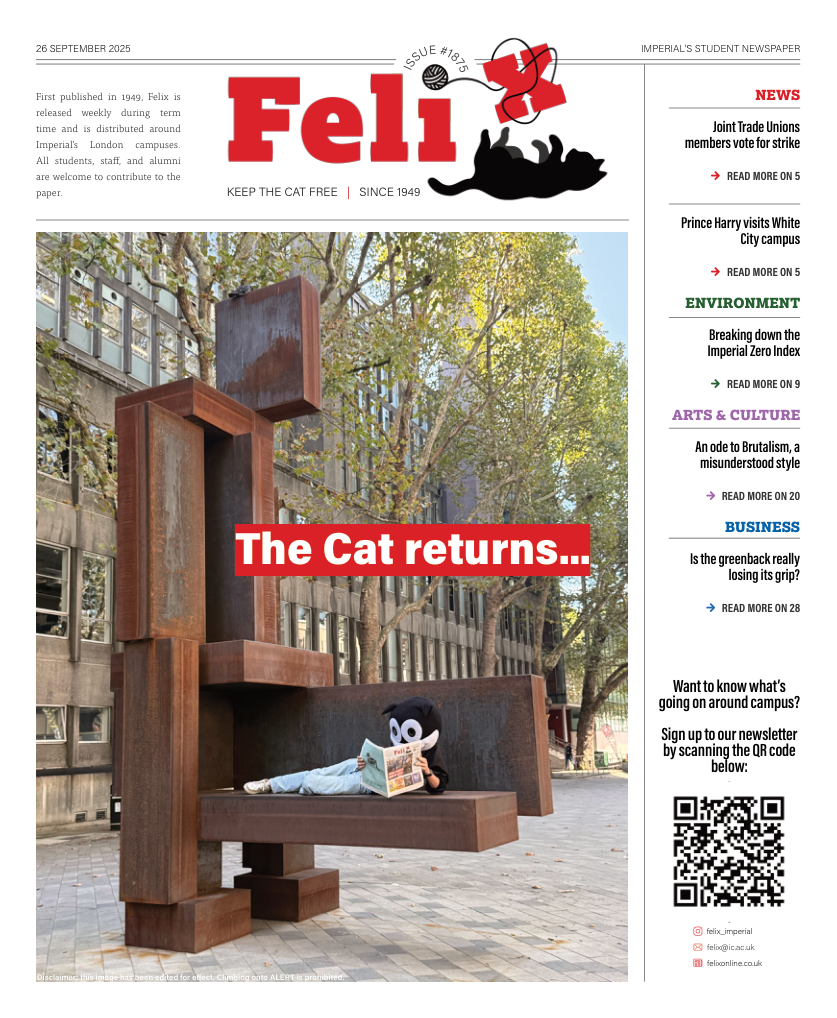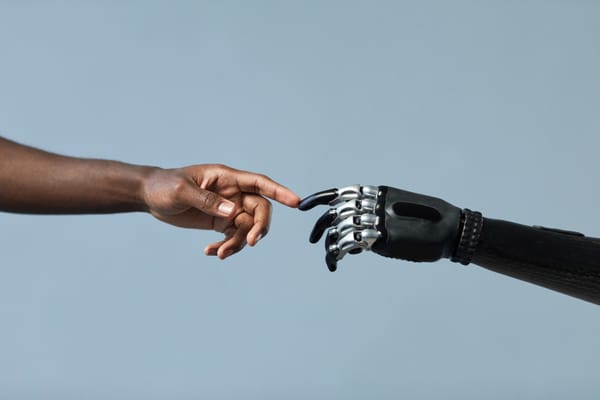Revolution or evolution?
Global finance at a tipping point: is the dollar losing its grip?
I recently finished reading Ray Dalio’s The Changing World Order for the second time, and in my opinion, it’s one of those books you can read repeatedly, gaining new insights each time. This reading coincided with the latest wave of de-dollarization hype we’ve seen this year. While Dalio primarily focuses on armies and debt cycles, he notes that his principles apply globally. This prompted me to evaluate whether we are truly witnessing a changing currency world order.
Every few months, the dollar’s obituary resurfaces. BRICS nations promise a common currency, China negotiates yuan-based oil deals, and central banks stockpile and central banks stockpile gold, going back to their 1970s playbooks. At first glance, the dollar’s global dominance appears to be weakening. Yet beyond the headlines, the reality is more nuanced. The dollar still constitutes nearly 60% of global reserves and features in almost 90% of FX trades. That doesn’t seem like a dying empire to me. The key question isn’t if the dollar is finished, but whether we’re witnessing a gradual evolution toward a multipolar system or a rapid revolution in the making.
Historically, reserve currencies don’t collapse overnight. The Dutch guilder gave way to sterling, and sterling to the dollar; but both transitions took decades. These shifts weren’t just about GDP. They hinged on trust, capital markets, military strength, and institutions that made others feel secure holding your IOUs (informal acknowledgement of debt). Sterling only faded after the UK was exhausted by two world wars and America’s treasury market emerged as the deep, liquid anchor everyone needed. If history teaches us anything, dollar dominance won’t suddenly disappear, it will gradually recede, and only if another currency can satisfy the same crucial requirements.
Despite the dollar’s continued dominance, several challenges are emerging:
• Geopolitics bites: U.S. sanctions against Russia following the Ukraine invasion have weaponized the dollar. Central bankers in the Gulf and Asia have taken note that their dollar reserves remain secure only as long as they stay in Washington’s good graces.
• BRICS momentum: The expanded BRICS+ bloc (now including the UAE, Egypt, Ethiopia, Iran) represents 42% of global FX reserves. These nations are actively exploring non-USD trade settlements, including yuan-denominated oil sales and cross-border transactions in local currencies. However, their international debt market share remains a mere ~3%.
• Gold’s comeback: Central banks have embarked on one of the most aggressive gold accumulation in modern history times, not to return to gold standards, but as a straightforward hedge against dollar risk. For the first time since 1996, central banks own more gold than the literal US Treasury.
• Digital flirtation: China is testing its e-CNY while other central banks explore their own digital currencies (CBDCs) – 137 countries as of July 2025, from 35 countries in May 2020. Though still in early stages, these developments merit attention, currencies operating on blockchains function outside traditional parameters.
But the dollar hasn’t become completely irrelevant. US Treasuries, at least as of now, are irreplaceable. No other market offers the same depth, safety, or liquidity. Not to forget, the world’s entire financial system is still wired to dollars, from derivatives to even tourism. Transitioning away from it is far more complex than rhetoric suggests.
And the most critical question remains: what viable alternative exists? The euro is stable but way too politically fragmented. The yuan might be growing in trade, but Beijing’s capital controls remain restrictive and cumbersome to navigate. Meanwhile, gold serves better as a vault asset than as a practical currency for everyday transactions. If the dollar were a politician, it’d be the aging incumbent people grumble about but keep re-electing, because the opposition doesn’t look like a safe bet (yes, we’re all thinking about the same guy).
Following that brilliant segway to the political side of it, ironically, the greatest threat to the dollar may be U.S. policy itself. When tariffs, sanctions, or political brinkmanship dominate headlines, it creates the perception that America is weaponizing its currency. While this approach might yield short-term results, it ultimately undermines long-term trust.
As JP Morgan Chase bluntly said, “Weaponizing the dollar accelerates incentives for others to find alternatives.” Who would have thought that bullying your opposition isn’t appropriate behaviour for the highest office in the world? And so, when both allies and rivals feel compelled to diversify away from the dollar out of necessity rather than choice, the evolutionary process toward a new currency order accelerates.
Are we witnessing a revolution? Not quite. The dollar’s share of reserves has declined from ~70% in the early 2000s to ~58% today. This represents gradual erosion, not collapse. While BRICS talk big game, gold regains popularity, and digital currency experiments progress, no single challenger is poised to replace the dollar. The more probable future is a gradual transition toward a multipolar currency world: USD remaining the primary anchor, complemented by the RMB, euro, regional currencies, and gold reserves. In this emerging landscape, the dollar maintains its significance but increasingly shares influence with other currencies.
This piece was first published on the author's blog, the original can be found here.









